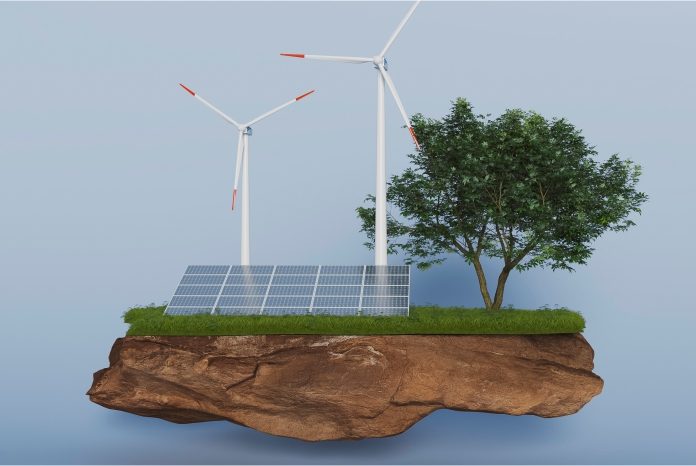Although the original green revolution transformed agriculture by introducing new technologies that included new varieties of high-yielding cereals, chemical fertilisers, and mechanised equipment as it swept across the globe, today’s ‘Green Energy Revolution’ poses significant new tests for farmers who are facing uncertainty caused by ongoing load-shedding, the effects of climate change and the move away from fossil-based fuels.
Issues about food security, the need to increase yields and ‘farm smarter’ by embracing technology to meet energy and production challenges was undoubtedly high on the agenda and the minds of those who attended the NAMPO Cape 2023 agricultural show in Bredasdorp, says Nico Groenewald, Head Agriculture at Standard Bank Group.
“Like their predecessors who adapted to the changes of the times brought by the 20th century’s green revolution, today’s farmers face a raft of issues that could impact their futures. As they work their way around ‘man-made’ problems like load-shedding, they must also remain focused on keeping pace with the constantly shifting goalposts required to successfully adopt sustainable and environmentally friendly practices powered by renewable energy sources.”
Amongst the most important parts of the revolution will be the widespread use of renewable energy sources such as solar panels, wind turbines, and bioenergy systems to power farm operations.
Ultimately, the aim is for farmers to generate renewable energy, lessen their dependence on Eskom and the impact of ever-increasing electricity tariffs and build greater energy security and stability.
“Using organic materials such as harvest residues, purpose-grown crops, and organic household waste to produce bioenergy not only reduces the burning of carbon-intensive fossil fuels but also offers advantages for farmers who operate in remote rural areas and face high logistical costs when transporting fuel to their farms,” says Groenewald
“Although critics of biofuels will claim that the process releases carbon dioxide (CO2) into the air, the European Union and other international bodies regard bioenergy as a low carbon renewable energy source as when they are burned, the plants release the same amount of CO2 as they collected while growing.”
Other considerations are replacing diesel-powered machinery with electric or biofuel-powered equipment (rare in South Africa). The benefits are realised not only in reduced levels of greenhouse gases but also in lower maintenance costs. These vehicles are, therefore, sustainable, and efficient- prime requirements for farmers who need to avoid mechanical downtime, especially at harvest time.
“Using GPS and drone technology promotes energy savings and encourages precision agriculture. Crop-spraying drones are already operating in South Africa and offer benefits that include spraying large tracts of land that more traditional aircraft cannot reach due to obstacles such as challenging terrain. Drones can also get closer to crops and be programmed to follow mapped routes via GPS. “
“Locally, technology such as the crop-spraying drone, because of its considerably lower cost, has the potential to help poorer farming communities get access to commercial aerial application crop spraying to increase production. The direct results of technology investment will be increased prosperity, stimulating rural economic growth and, most importantly, job creation,” says Groenewald.
As technology works to optimise energy and reduce waste, the adoption of new sustainable farming practices and water conservation has assumed more significance. Organic farming, less use of chemical pesticides and fertilisers, crop rotation and ‘no-till’ farming will reduce future environmental impact and enhance the overall ecosystem.
No-till farming, the practice of planting crops without tilling the soil, prevents the killing of plants and burying mulch, and leaving behind barren soil that is caused by conventional tilling. Conventional tilling is also time-consuming and causes soil compaction and even soil erosion.
Other benefits are lower labour costs, less evaporation of soil moisture, more fertile soils, and higher productivity. Together with efficient use of water, including drip irrigation and rainwater harvesting, the contribution to water conservation is complete.
“Sustainable farming practices, the introduction of technology, and on-farm use of renewable energy sources will make agriculture more resilient to the impacts of climate change, such as extreme weather events.
“The role of Standard Bank in the Green Energy Revolution is to act as a catalyst for economic growth. As agriculture is a core economic activity, we are committed to supporting responsible environmental change and the development of agriculture. We will continue to help achieve these goals by assisting with the development of commercial green projects and through our support of commercial and small-scale farmers.”
“Sustainable farming is the future, and we will be the partners that will assist with its development,” concludes Nico Groenewald.





